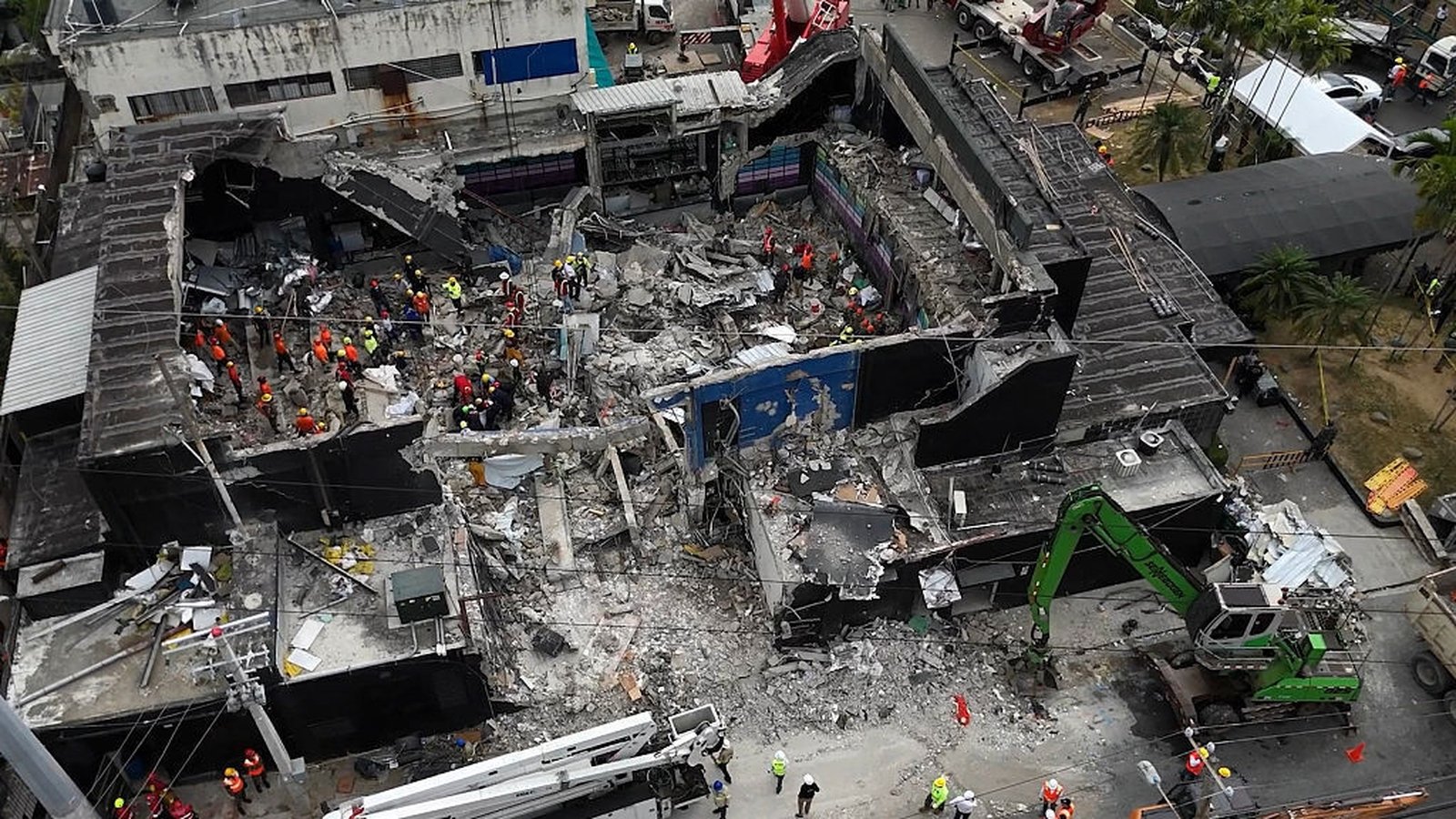Melanesia Unveiled: A Journey Beyond the Tourist Trail into the Heart of black Oceania
By Archyde News Journalist
Melanesia, a region stretching from the Papua provinces of Indonesia to Fiji, often remains a blind spot for many Americans. Yet, its increasing geopolitical importance, coupled with the potential emergence of new nation-states like Bougainville, New Caledonia, and West Papua, demands a closer look. Hamish McDonald’s book, Melanesia: Travels in black Oceania, offers a thorough and insightful exploration of this complex region, moving beyond superficial narratives to uncover the realities on the ground.

McDonald’s narrative is a welcome departure from the often-simplistic portrayals of Melanesia. As he recounts an encounter with a Fijian chief wary of outsiders, the chief accuses: “You are a writer, and you want to go and … make money from a book”.McDonald responds with the pragmatic truth: “I explained that the prospects of profit were not great for a project like this.” This exchange encapsulates the challenges of representing a region often overlooked by mainstream media and publishing houses in countries like the U.S.
After years as a foreign correspondent, McDonald felt constrained by the limitations of reporting from capital cities.Driven by a desire to delve deeper, he ventured beyond the well-trodden paths, traveling by “rust-bucket ships, rattletrap trucks or lung-bursting hikes.” His journey took him through Fiji, Vanuatu, New Caledonia, Solomon Islands, Bougainville, the New Guinea islands, and the vast waterways of the Fly and Sepik rivers. Due to prior reporting that likely scrutinized government practices, Indonesian authorities denied him access to West Papua, preventing new excursions there.
Rather of focusing solely on political elites,McDonald sought out the stories of everyday Melanesians. He spent time with long-term Chinese businesspeople in Vanuatu, a hotelier, a taxman, and betelnut traders in Papua New Guinea, and the resilient captains and crews of the ships he traveled on.this approach allows him to paint a vivid picture of life beyond the confines of government buildings and air-conditioned hotels.
This immersive approach offers a stark contrast to typical reporting on the region. As a notable example, while headlines might focus on political instability in the Solomon Islands, McDonald’s account might highlight the resilience of local communities adapting to climate change and maintaining customary practices. This deeper understanding is crucial for U.S. policymakers and businesses seeking to engage with Melanesia effectively.
Each chapter of McDonald’s book follows a consistent structure: first, he establishes the geographical context, then he dives into the complex history that has shaped the present. His insights into the history of New Caledonia, for example, are notably illuminating. His nuanced and accurate account of Bougainville’s history is also a testament to his deep understanding of the region.
McDonald emphasizes the enduring impact of historical events, reminding readers that Melanesia has experienced “colonial neglect, avarice and jarring violence.” These legacies continue to resonate in the region today. In Malaita, Solomon Islands, he visits the site of a colonial massacre, a stark reminder of the past. He also recounts a visit to a village in Papua New Guinea’s Western Province, where the theft of objects by Australians a century ago is still remembered vividly. As the Fijian chief astutely observes, wary of McDonald’s presence, perceiving him as “the embodiment of most white people that have shown up with a plan and a smile in the years before.” The past casts a long shadow, shaping present-day interactions and perceptions.
McDonald’s travels reveal a Melanesia far removed from the narrative of government dysfunction frequently enough presented in the media. He finds communities thriving despite limited government assistance. as he observes, “government or ‘the State’ doesn’t feel particularly present as soon as McDonald gets beyond the capital city.” This is a critical lesson for anyone working in Melanesia, especially those involved in aid or development projects. Donor projects, with one notable exception, rarely feature in the lives of the people he encounters.
The exception is the seasonal worker scheme, which attracts numerous Melanesians. McDonald notes “long queues of applicants” hoping to participate. This highlights the economic realities of the region and the desire for opportunities abroad. As Melanesians increasingly come to the U.S. through programs like the Pacific Partnership Initiative, Americans need a better understanding of their cultural backgrounds and aspirations.
For example,understanding the cultural meaning of kava in many Melanesian societies can help employers create a more inclusive and respectful work environment for seasonal workers. similarly, awareness of traditional land ownership systems can inform enduring development initiatives and prevent conflicts over resource extraction.
McDonald’s book joins a tradition of insightful travelogues about Melanesia, including Michael Moran’s Beyond the Coral Sea and Charles Montgomery’s Shark God. More recently,Edward Cavanough’s Divided Isles offers a compelling look at Solomon Islands. These books provide readers with a vicarious experience of the region,offering perspectives often absent from mainstream media.
Travelogues such as these are powerful as they allow readers outside this region to live vicariously, understand worlds beyond their own and frequently enough present a reality different to the stage-managed ones presented elsewhere. McDonald tells it as his experienced eyes see it and the book is all the more readable for that.
recent developments underscore the importance of understanding Melanesia. China’s increasing influence in the region, particularly its security agreement with the Solomon Islands, has raised concerns among U.S. policymakers. Climate change poses an existential threat to many low-lying island nations in Melanesia, potentially leading to displacement and humanitarian crises. Furthermore, the upcoming referendums on independence in New caledonia and Bougainville will shape the future political landscape of the region.
For U.S. businesses, understanding the cultural nuances of Melanesia is essential for prosperous engagement. Companies seeking to invest in the region should prioritize building relationships with local communities and respecting traditional customs. For policymakers, a deeper understanding of Melanesian perspectives is crucial for formulating effective foreign policy and promoting stability in the region.for ordinary Americans, learning about Melanesia can broaden their understanding of the world and foster a greater gratitude for cultural diversity.
Melanesia: Travels in Black Oceania is a valuable resource for anyone seeking to understand this complex and frequently enough misunderstood region. By venturing beyond the capital cities and listening to the voices of ordinary Melanesians,Hamish McDonald offers a nuanced and insightful portrait of a region poised to play an increasingly important role on the world stage. For U.S. readers, this book is a call to look beyond the headlines and engage with Melanesia in a more informed and meaningful way.







